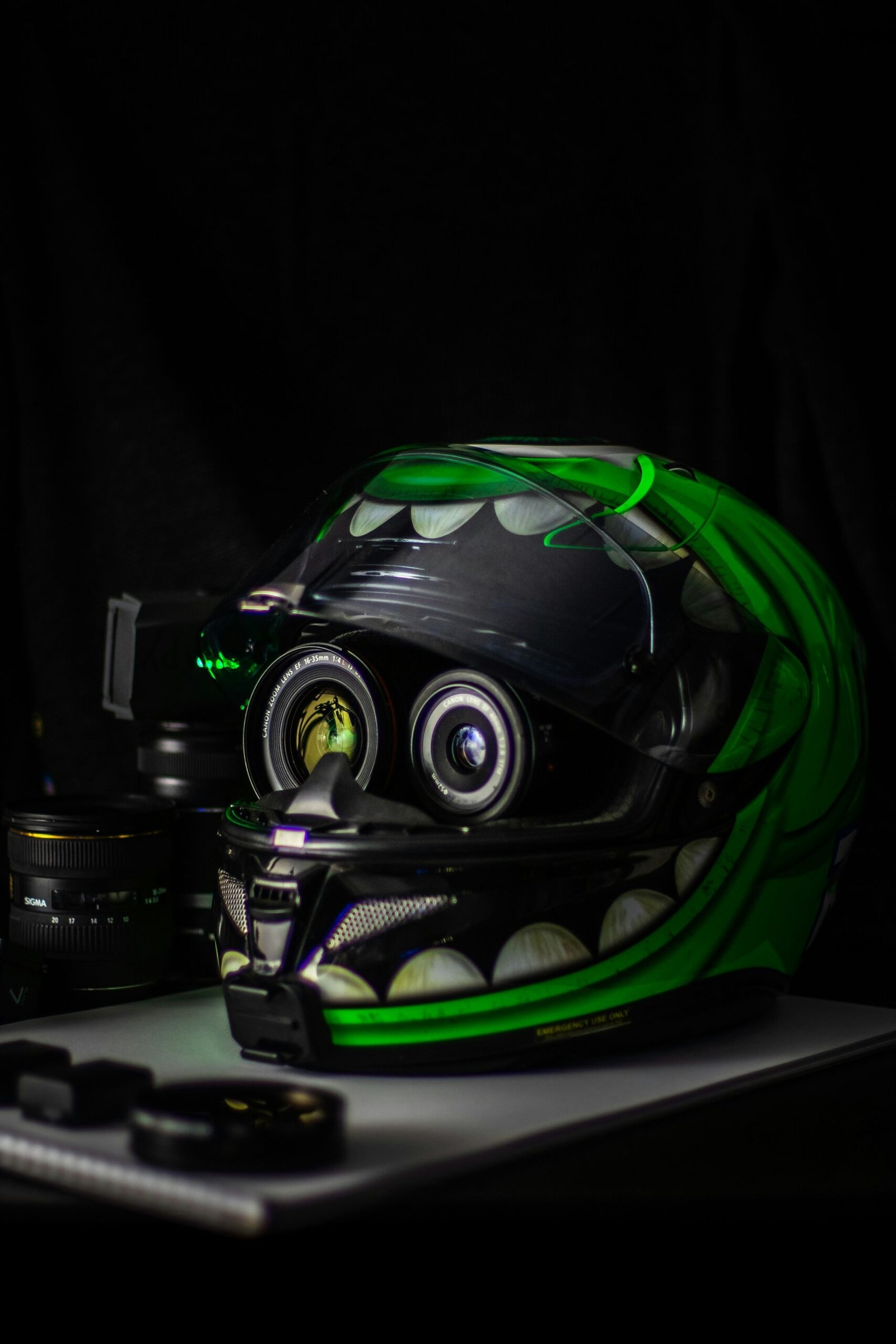This website uses cookies so that we can provide you with the best user experience possible. Cookie information is stored in your browser and performs functions such as recognising you when you return to our website and helping our team to understand which sections of the website you find most interesting and useful.

The Rise of Artificial Intelligence and the Disappearing Professions
Artificial Intelligence (AI) has been rapidly advancing in recent years, transforming various industries and revolutionizing the way we live and work. While AI brings numerous benefits and opportunities, it also poses a significant threat to certain professions. As AI continues to develop and become more sophisticated, there are several professions that are at risk of disappearing completely. In this article, we will explore some of these professions and the impact of AI on their future.
1. Customer Service Representatives
Customer service representatives have long been the face and voice of companies, providing assistance and support to customers. However, with the advancement of AI-powered chatbots and virtual assistants, the need for human customer service representatives is diminishing. AI-powered systems can handle a wide range of customer inquiries and provide instant responses, eliminating the need for human intervention. While some complex issues may still require human assistance, the majority of routine customer service tasks can be efficiently handled by AI, leading to a decline in the demand for customer service representatives.
2. Truck Drivers
The trucking industry is heavily reliant on human drivers for the transportation of goods. However, with the development of self-driving vehicles and autonomous trucks, the need for human truck drivers is likely to diminish. Self-driving trucks offer numerous advantages, including increased efficiency, reduced costs, and improved safety. With AI-powered systems and advanced sensors, these vehicles can navigate roads, follow traffic rules, and make decisions without human intervention. While it may take some time for self-driving trucks to become mainstream, the emergence of this technology poses a significant threat to the future of truck drivers as a profession.
3. Data Entry Clerks
Data entry clerks are responsible for inputting and organizing data into computer systems. However, with the development of optical character recognition (OCR) technology and AI-powered data extraction tools, the need for human data entry clerks is diminishing. OCR technology can scan and extract data from physical documents, eliminating the need for manual data entry. AI-powered data extraction tools can also analyze and interpret unstructured data, making the process faster and more accurate. As a result, the demand for data entry clerks is expected to decline significantly in the coming years.
4. Bank Tellers
Bank tellers have traditionally been responsible for handling various banking transactions, such as deposits, withdrawals, and account inquiries. However, with the rise of online banking and AI-powered chatbots, the need for human bank tellers is decreasing. Online banking allows customers to perform transactions and access account information from the comfort of their homes, reducing the need for in-person interactions. AI-powered chatbots can also provide instant assistance and support to customers, answering common banking questions and guiding them through the process. While some complex transactions may still require human intervention, the role of bank tellers is likely to be significantly impacted by AI.
5. Travel Agents
Travel agents have traditionally been responsible for helping individuals and organizations plan and book their travel arrangements. However, with the emergence of AI-powered travel platforms and online booking systems, the need for human travel agents is diminishing. AI-powered platforms can analyze vast amounts of data, including flight schedules, hotel availability, and travel preferences, to provide personalized recommendations and book travel arrangements. These platforms can also handle cancellations, rescheduling, and other travel-related tasks, reducing the need for human intervention. While some individuals may still prefer the personalized service of a human travel agent, the overall demand for this profession is expected to decline.
Conclusion
As AI continues to advance and become more integrated into various industries, certain professions are at risk of disappearing. Customer service representatives, truck drivers, data entry clerks, bank tellers, and travel agents are just a few examples of professions that face the threat of automation and AI. While the emergence of AI brings numerous benefits and opportunities, it is essential to consider the potential impact on the workforce. As these professions evolve or disappear, it is crucial for individuals to adapt and acquire new skills to remain relevant in the changing job market.
RELATED POSTS
View all


